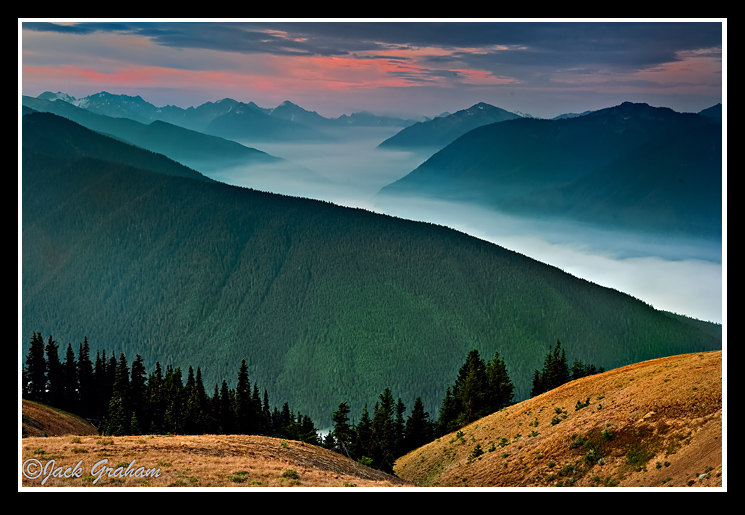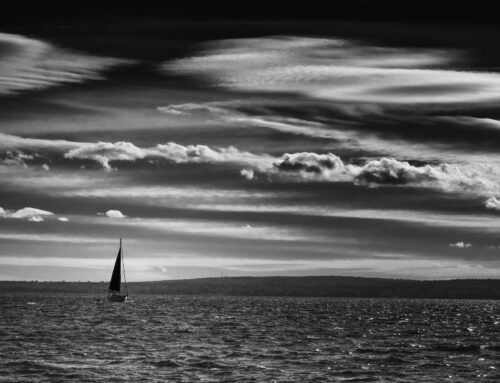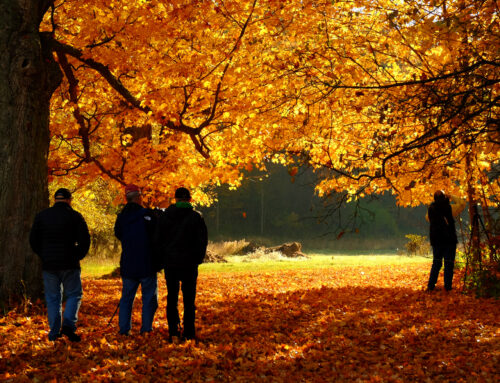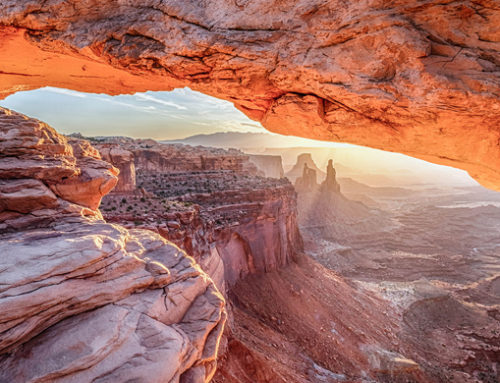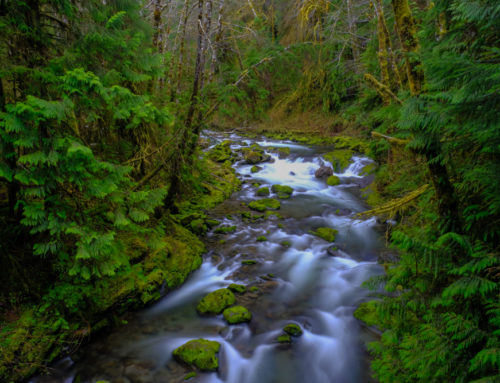Jack Graham Photography
Learn to See Learn to think Learn to create
______________________________________________________________________
2012 Workshop Schedule https://www.jackgrahamphoto.com/2012-workshop-schedule
2012 Registration Form REGISTRATION FORM 2012v9
Workshop Referrals: https://www.jackgrahamphoto.com/referrals
One on One, Individual Workshop information https://www.jackgrahamphoto.com/one-one-field-studio-photography-workshops
Workshop FAQ’s GENERAL WORKSHOP QUESTIONS_FAQ’S INFORMATION_v2012f
PODCAST: www.18percentgraymatter.com
______________________________________________________________________________
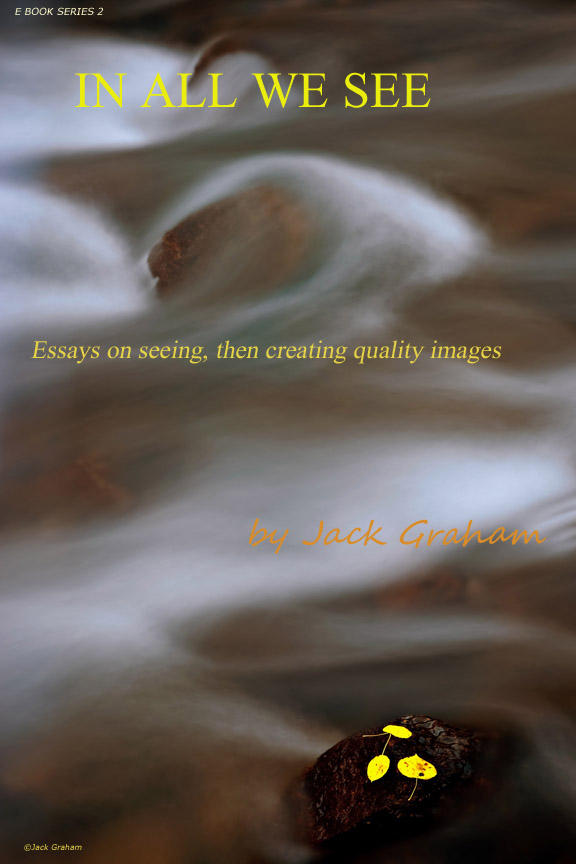 Jack Graham E-Book Series 1 & 2 now available for purchase and instant download:
Jack Graham E-Book Series 1 & 2 now available for purchase and instant download:
https://www.jackgrahamphoto.com/shop/e-books
_______________________________________________________________________
OLYMPIC NATIONAL PARK 2012 May 17-20 2012
OLYMPIC NATIONAL PARK PHOTOGRAPHY WORKSHOP 2012_OVERVIEW 2012
Please consider joining us on this experience in one of the most amazing and unique locations in the world
On even semi clear days, the snow-capped peaks of the Olympic Mountains. Are visible from Seattle, First explored 1890, when a Seattle newspaper sent an expedition across Puget Sound the Olympics Peninsula of 3,600 square miles are still even today a wild, sometimes beyond descriptive area. Even today no roads traverse the interior, which remains native habitat of elk, bear, and old-growth forests, protected by Olympic National Park and the rugged, saw-toothed peaks of the Olympic Range. For access to the peninsula, for example you must take the loop highway, 101, then follow it for 330 miles around the peninsula counterclockwise via Port Angeles to Aberdeen or visa versa.
The Olympic National Park is without a doubt most diverse when it comes to weather, topography and photographic opportunities. The park itself encompasses the majority if the Olympic Peninsula. Some mountaintops reach 7965’ while the western coast of the Pacific is just a short distance away. This western side of peninsula is the wettest climate in the continental USA receiving over 160” of rain yearly. The northeastern side, just a quick drive away receives a mere 12” of rain yearly. This area is commonly known as the “Banana Belt”.
Details are found within the link above. Thank you for your consideration
Jack Graham


